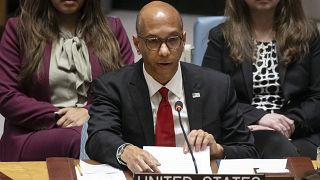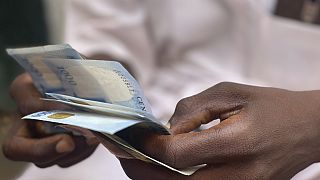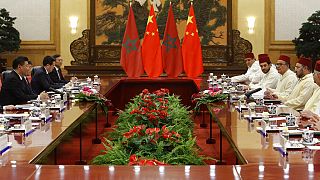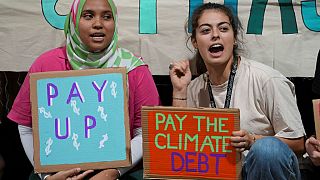Africa
The International Monetary Fund (IMF) estimates that only an average of 34 percent of Sub-Sahara Africa’s adult population has access to financial services and less than 18 percent in the West Africa Economic Monetary Union (WEAMU).
It with this in mind, that the Fund and the Bank of West African States (BCEAO) recently held a conference in Dakar, Senegal, to examine the prospects of promoting financial inclusion in the region.
“There is the opportunity for traditional banking to provide ‘new products through mobile banking’. For example in Kenya they collect small deposits by mobile and web. In Cote d’Ivoire they pay school fees by mobile. So I don’t think it’s a failure of traditional banking, I think it complements the existing banking system,” said IMF Deputy Managing Director, Mitsuhiro Furusawa.
The IMF Deputy Director for African Department had this to say about why mobile banking has gained traction in the continent.
“The reason is twofold: One it lowers costs, and of course it lowers costs for everybody, it lowers costs for the financial institutions and it lowers costs for those who use the services. And that is why, and this is the second point, why it’s so good for inclusion because many poor people are excluded from financial services because it’s just not worth it for banks to reach out to poor people.”
Analysts say that over the coming years, mobile money, electronic payments and new banking technologies will continue their significant contribution to sustainable economic development in the continent.
AFP





![Africa's hight cost of climate change [Business Africa]](https://static.euronews.com/articles/stories/08/77/73/84/320x180_cmsv2_065e40c7-90d8-5143-b8da-c4885db015dc-8777384.jpg)






01:37
Record participation at 24th Sofi Great Ethiopian Run
01:17
COP29 finance talks lag as the summit reaches its halfway mark
01:38
COP29: What next for Africa's energy transition?
01:00
Civil society takes center stage at Brazil’s G20 social summit
01:58
Climate adaption: Unfulfilled pledges mean “lost lives and denied development” – UN chief
Go to video
Vladimir Putin affirms "full support" for Africa